Olive Oil vs Other Cooking Oils: Which One Is Healthier?
Sep 20, 2025
When it comes to cooking, the oil you choose can make a big difference in your overall health. From sunflower oil, mustard oil, coconut oil, vegetable oil, ghee, canola oil, avocado oil to the ever-popular olive oil, the options are endless. But the big question is—“Is olive oil healthier than other cooking oils?”
Let’s dive deep into the nutritional facts, health benefits, and comparisons of olive oil vs other cooking oils so you can decide which one truly deserves a place in your kitchen.
What Makes Olive Oil Special?
Olive oil, especially extra virgin olive oil (EVOO), is extracted directly from olives without chemical processing. It is rich in:
-
Monounsaturated fatty acids (MUFA) – good fats for heart health
-
Antioxidants like polyphenols
-
Vitamin E and K
According to the American Heart Association (AHA), replacing saturated fats with monounsaturated fats like those in olive oil can help reduce cholesterol and lower the risk of heart disease.
Olive Oil vs Sunflower Oil
-
Olive Oil: Rich in MUFAs, antioxidants, good for heart health.
-
Sunflower Oil: High in Vitamin E but contains more omega-6 fatty acids, which can increase inflammation if consumed in excess.
Winner: Olive oil is better for heart health.
Olive Oil vs Canola Oil
-
Olive Oil: Naturally extracted, high in antioxidants.
-
Canola Oil: Contains omega-3 fatty acids but is usually refined and processed.
Winner: Olive oil due to minimal processing and higher antioxidant content.
Olive Oil vs Coconut Oil
-
Olive Oil: Lowers bad cholesterol (LDL), supports heart function.
-
Coconut Oil: High in saturated fats (over 80%), can increase cholesterol.
Winner: Olive oil for long-term heart health.
Olive Oil vs Vegetable Oil (Refined Oils)
-
Olive Oil: Cold-pressed, nutrient-rich.
-
Vegetable Oils: Highly refined, may contain trans fats.
Winner: Olive oil is the healthier choice.
Olive Oil vs Mustard Oil
-
Olive Oil: High MUFAs, mild taste, versatile.
-
Mustard Oil: Good for digestion, high in omega-3, widely used in Indian cooking, but can have a pungent flavor.
Winner: Both are good, but mustard oil has regional benefits, while olive oil has stronger global research backing.
Olive Oil vs Ghee
-
Olive Oil: Plant-based, heart-friendly.
-
Ghee: Contains saturated fats, can be healthy in moderation, rich in vitamins A, D, E, K.
Winner: Olive oil for heart patients; ghee in small amounts for traditional diets.
Olive Oil vs Avocado Oil
-
Both are high in MUFAs and antioxidants.
-
Avocado oil has a higher smoke point (better for frying).
-
Olive oil is more widely researched for health benefits.
Winner: Both are excellent, but olive oil is more affordable and widely available.
Health Benefits of Olive Oil
-
Supports heart health by lowering cholesterol.
-
Helps manage blood pressure.
-
May improve blood sugar control (good for diabetes).
-
Anti-inflammatory properties reduce risk of chronic diseases.
-
Rich in antioxidants, protects against cell damage.
-
Supports weight loss by increasing satiety.
-
Improves digestion and gut health.
-
Beneficial for brain health and memory.
-
Good for skin and hair health.
-
May reduce risk of certain cancers (as per WHO-supported studies).
Can You Cook with Olive Oil?
Yes!
-
Extra virgin olive oil is best for salads, drizzling, and light sautéing.
-
Pure or light olive oil can be used for regular cooking.
-
For deep frying, oils with higher smoke points like avocado or mustard oil may be better.
Possible Side Effects
-
Excess intake can add extra calories.
-
Not suitable for high-temperature deep frying.
-
Some people may prefer traditional oils for taste.
Key Facts
-
AHA (American Heart Association): Recommends olive oil as a heart-healthy fat.
-
WHO (World Health Organization): Promotes healthy oils like olive oil in Mediterranean diet.
-
Harvard School of Public Health: Olive oil linked to lower risk of heart disease and stroke.
-
USDA: Lists olive oil as nutrient-rich and high in good fats.
Final Thoughts
When comparing olive oil vs other cooking oils, olive oil clearly stands out as the healthiest option, especially for heart health, cholesterol, and overall wellness. While oils like mustard, ghee, or avocado have their place, extra virgin olive oil is backed by strong scientific research and global health recommendations.
If you want to make your meals healthier without compromising taste, adding olive oil to your daily diet could be one of the best choices for long-term health.
FAQ's
Which cooking oil is the healthiest?
Olive oil, especially extra virgin olive oil, is considered the healthiest by global health organizations.
Is olive oil good for Indian cooking?
Yes, it can be used in sautéing, stir-frying, and salads. For deep frying, mustard oil or avocado oil is better.
Can we fry in olive oil?
Yes, shallow frying is fine. For deep frying, choose oils with higher smoke points.
Is olive oil better than sunflower oil?
Yes, because it contains healthier fats and more antioxidants.
Which oil is best for heart patients?
Olive oil is recommended by the American Heart Association for heart health.
Olive oil or ghee – which is healthier?
Olive oil is better for heart patients; ghee is fine in moderation.
Can olive oil help reduce cholesterol?
Yes, it lowers LDL (bad cholesterol) and increases HDL (good cholesterol).
Is extra virgin olive oil good for cooking?
Yes, it’s best for low to medium-heat cooking and salads.
What are the side effects of olive oil?
Overconsumption may cause weight gain; it’s calorie-dense.
Which oil should I use daily for cooking?
For overall health, olive oil is the best daily cooking oil.



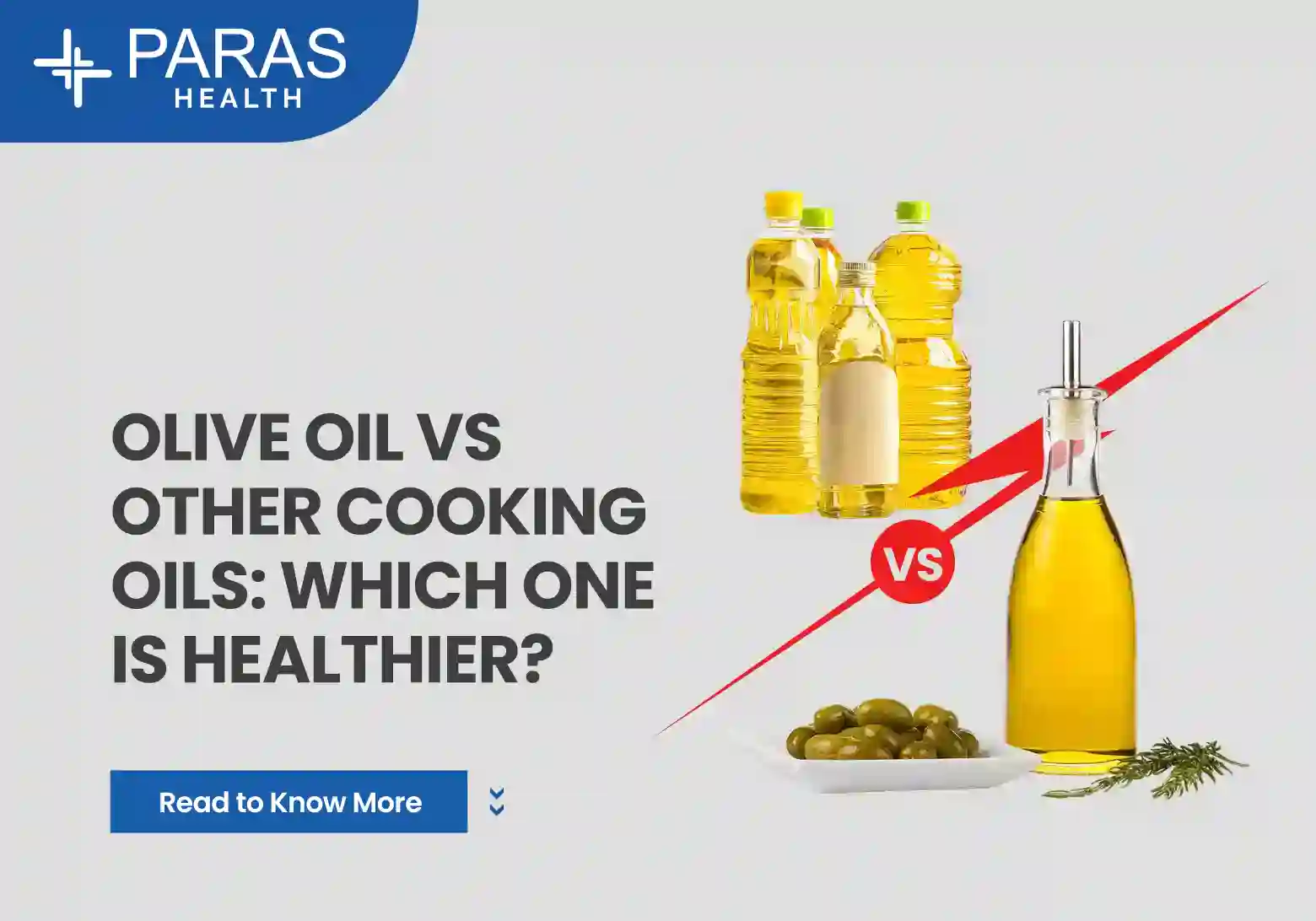
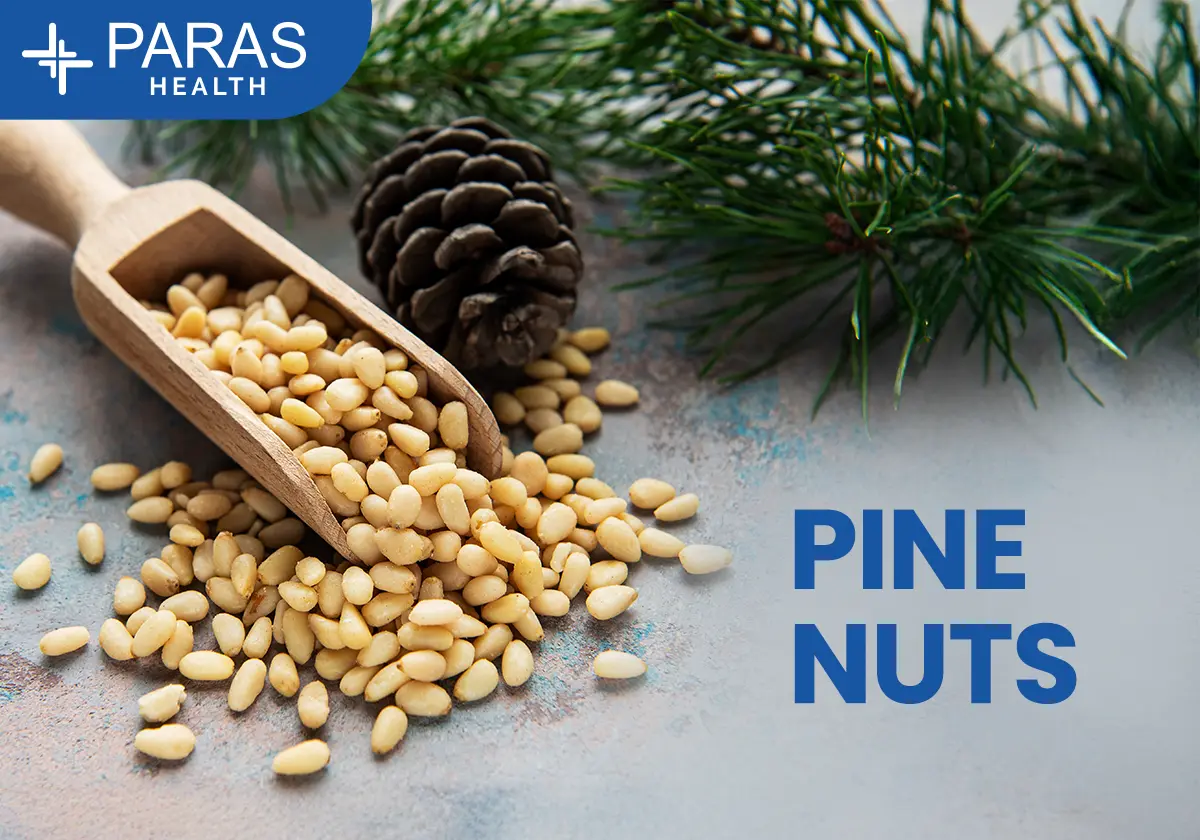
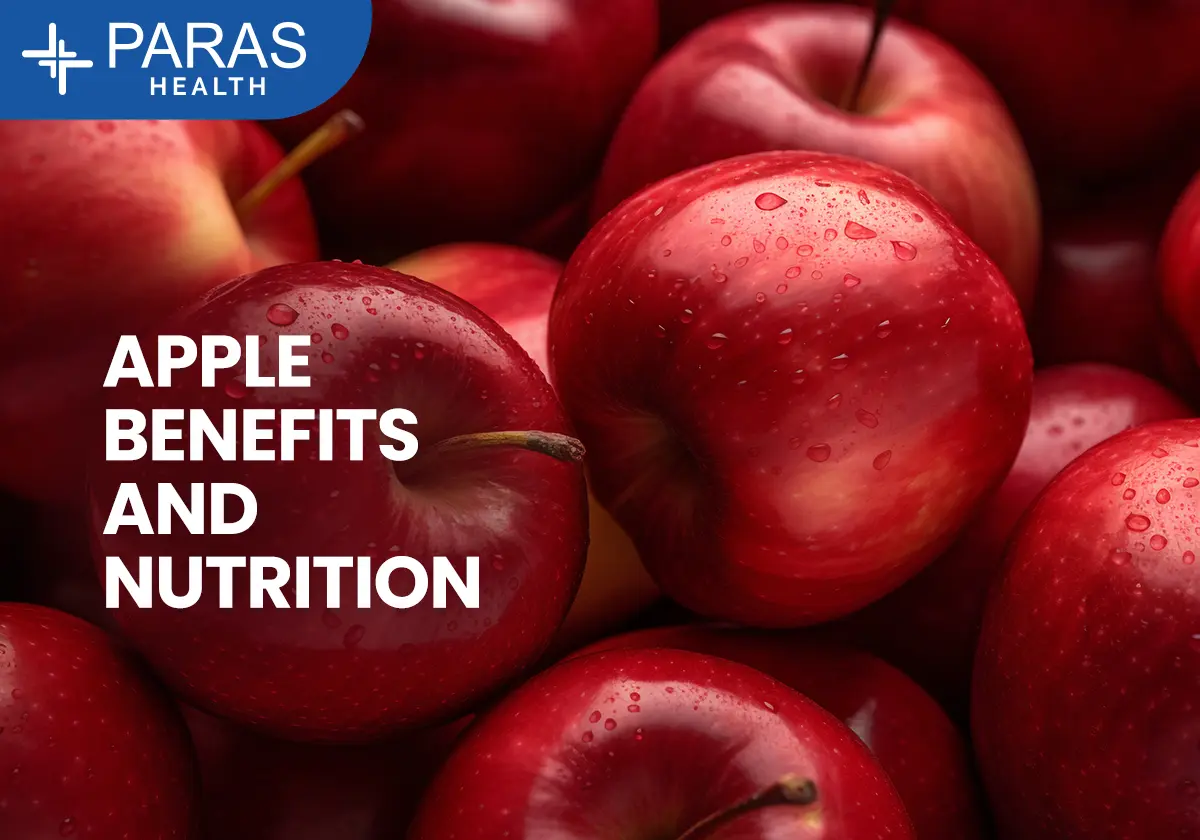
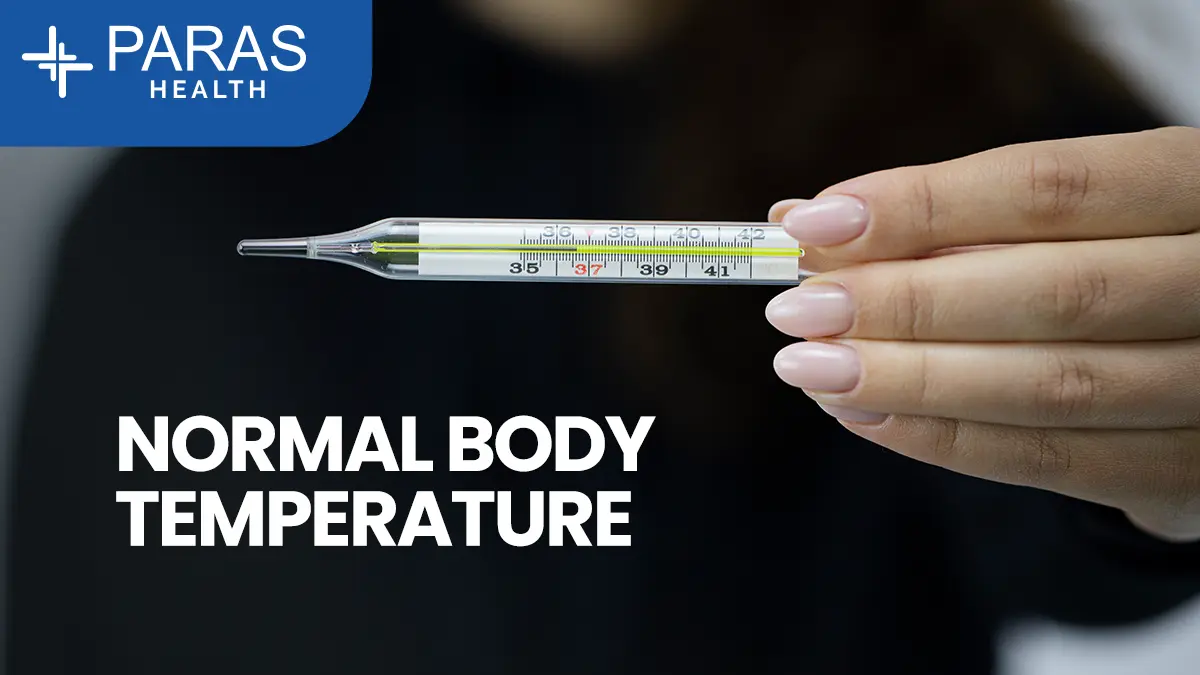
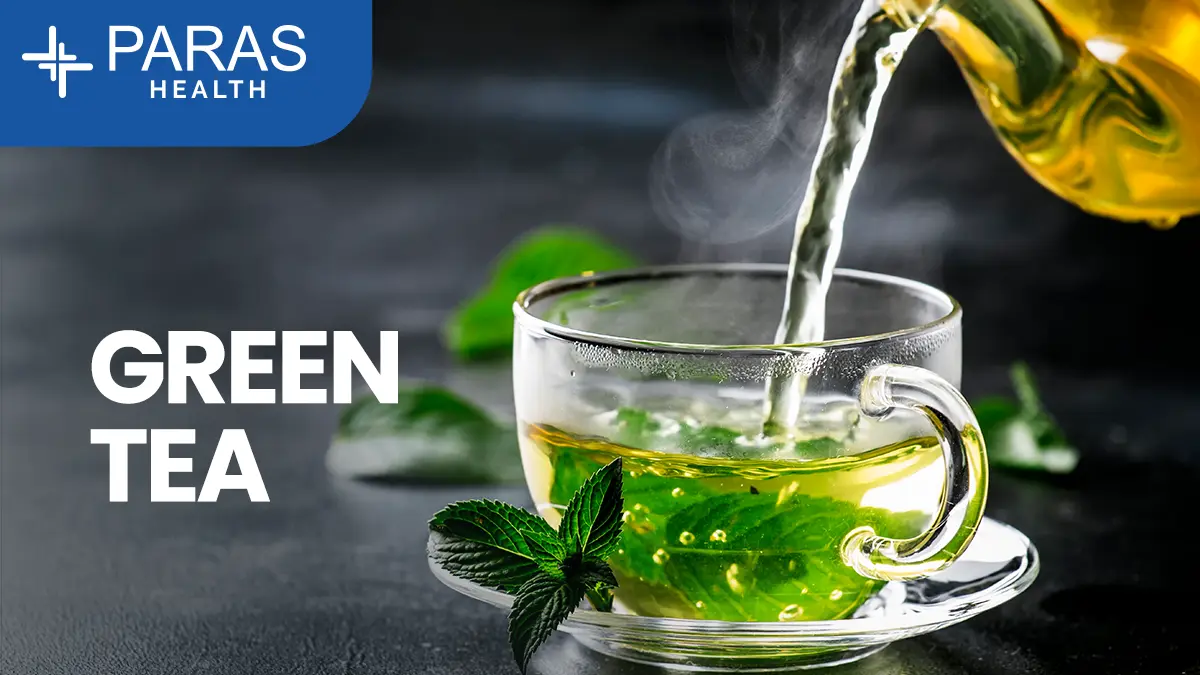

 (1).webp)
